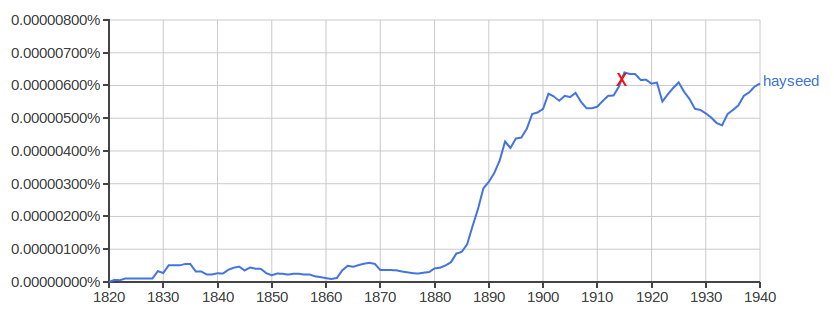Adam Gopnik, "Word Magic", The New Yorker 5/26/2014:
These questions, about the hidden traps of words and phrases, are the subject of what may be the weirdest book the twenty-first century has so far produced: “Dictionary of Untranslatables: A Philosophical Lexicon,” a thirteen-hundred-page volume, originally edited in French by the French philologist Barbara Cassin but now published, by Princeton University Press, in a much altered English edition, overseen by the comp-lit luminaries Emily Apter, Jacques Lezra, and Michael Wood. How weird is it? Let us count the ways. It is in part an anti-English protest, taking arms against the imperializing spread of our era’s, well, lingua franca—which has now been offered in English, so that everyone can understand it. The book’s presupposition is that there are significant, namable, untranslatable differences between tongues, so that, say, “history” in English, histoire in French, and Geschichte in German have very different boundaries that we need to grasp if we are to understand the texts in which the words occur. The editors, propelled by this belief, also believe it to be wrong. In each entry of the Dictionary, the differences are tracked, explained, and made perfectly clear in English, which rather undermines the premise that these terms are untranslatable, except in the dim sense that it sometimes takes a few words in one language to indicate a concept that is more succinctly embodied in one word in another.
Read the rest of this entry »




